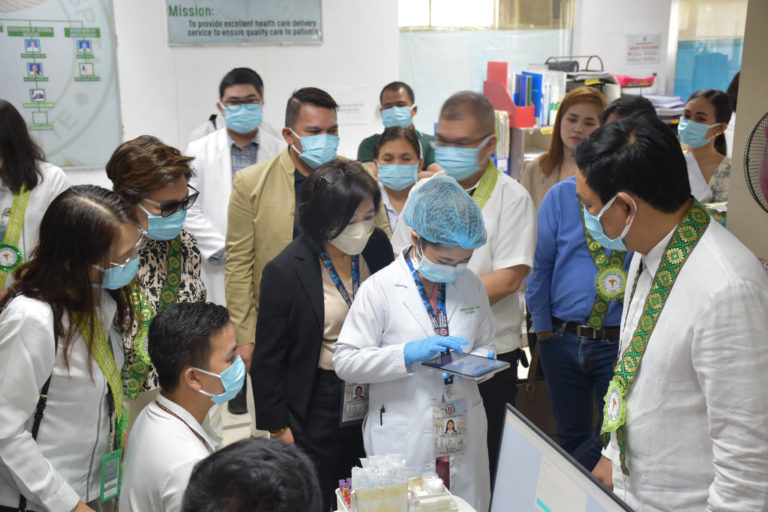Dubbed as QMeR

TACLOBAN CITY – The provincial government of Leyte is set to share its electronic medical records system—currently in use at the Leyte Provincial Hospital (LPH) since February 2024—with other hospitals in Eastern Visayas, free of charge.
The system, called Quick Medical Records (QMeR), is a locally developed digital platform that functions as a comprehensive patient chart. It stores and organizes a wide range of patient information, including demographics, medical history, medications, allergies, immunization records, laboratory results, radiology images, and treatment plans.
“This will be for free,” Governor Carlos Jericho ‘Icot’ Petilla told reporters, when asked if other hospitals would be charged for adopting the system. He emphasized that the goal is to improve hospital efficiency and reduce paperwork, allowing medical personnel to focus more on patient care.
“What we are trying to do is stretch the productivity of human resources,” Petilla said, noting the chronic shortage of nurses and doctors in public hospitals. “A universal health record system is vital because it makes it easier for health professionals to assess their patients’ needs.”
He stressed that the system’s success depends on widespread adoption. “The key is for everyone to use the same system so that we can all communicate. The success of QMeR lies in interoperability,” he said.
Aside from LPH, the system has also been adopted by Divine Word Hospital, here in the city, and the Eastern Visayas Medical Center (EVMC) is preparing to implement it soon. EVMC, the region’s biggest government-run hospital based in Tacloban City, frontline staff are set to begin training this May, with full rollout expected by June.
“This system will give us more time to engage with patients,” said EVMC hospital chief Dr. Joseph Michael Jaro. He noted that commercial electronic medical record systems can cost from P15 million to billions of pesos, making the provincial government’s free offering a significant cost-saving initiative.
More importantly, he added, the QMeR system is tailored to local realities. “This is a very welcome development. The system is designed to suit domestic needs and is adaptable to our current workflow, regulations, and on-the-ground realities,” Dr. Jaro said.
(ROEL T. AMAZONA)



